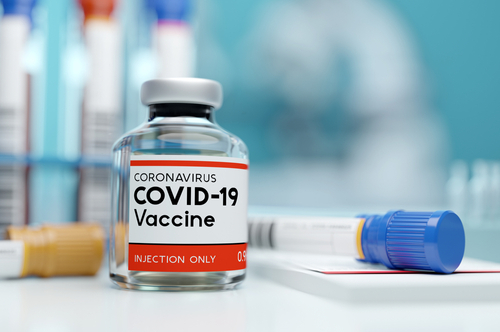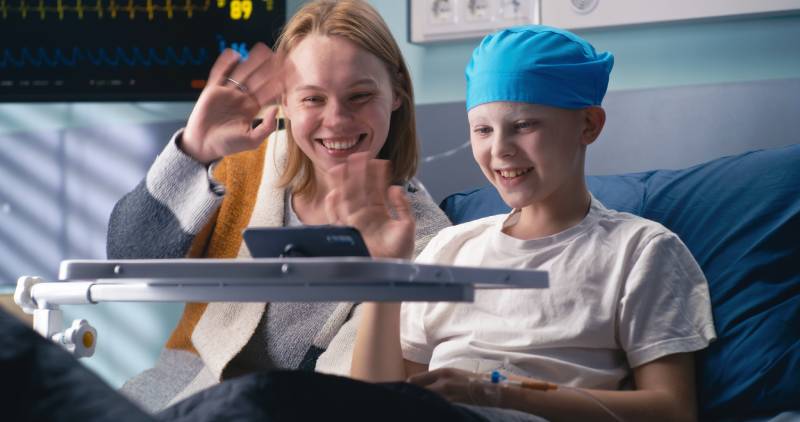Lung Cancer
Advertisement
Learn about the mediating effect of dyadic coping on the relationship between family functioning and meaning in life.
The researchers discuss their study on palliative treatment disparities in disaggregated Hispanic patient populations.
The treatment landscape for EGFR-mutated NSCLC after TKI treatment represents an area of high unmet need.
Immune checkpoint inhibitors have increased survival for patients with NSCLC, however side effect-burden remains significant.
Patients can experience emotional and physical health problems that affect their quality of life post-lung cancer treatment.
The study explored the effect of poor sleep on common comorbid conditions, such as COPD, among African American patients.
Adrienne Duckworth, MSN, APRN, NP-C, AOCNP, discusses how the initiative improved the lung cancer screening rate to 27%.
Adrienne Duckworth, MSN, APRN, NP-C, AOCNP, shares why open and empathetic communication about lung cancer is critical.
Patients who received the vaccine within 100 days of starting an immune checkpoint inhibitor showed improved survival.
Narjust Florez, MD, FASCO, discusses key considerations for oncology nurses caring for these patients.
More than half of patients did not receive palliative care, but among those who did, 36% received it late.
A new study highlights the effectiveness of a nurse navigation program for patients undergoing treatment for these cancers.
I-STOP is an ongoing observational, retrospective study that includes 17 centers in Italy.
There was a significant association between the intake of certain fatty acids and overall survival outcomes.
Amivantamab plus chemotherapy “significantly prolonged time to symptomatic progression” compared with chemotherapy alone.
Researchers evaluated the use of ctDNA next-generation sequencing panels that included NTRK gene fusions.
Certain features were over-represented among a cohort of young adults with lung cancer.
The full approval is based on the confirmatory phase III PAPILLON study.
A new study provided insights into what patients with cancer want and need when it comes to help with quitting smoking.
Psychosocial care and support are critical parts of cancer care, according to the International Psycho-Oncology Society.





















 © 2025 Mashup Media, LLC, a Formedics Property. All Rights Reserved.
© 2025 Mashup Media, LLC, a Formedics Property. All Rights Reserved.